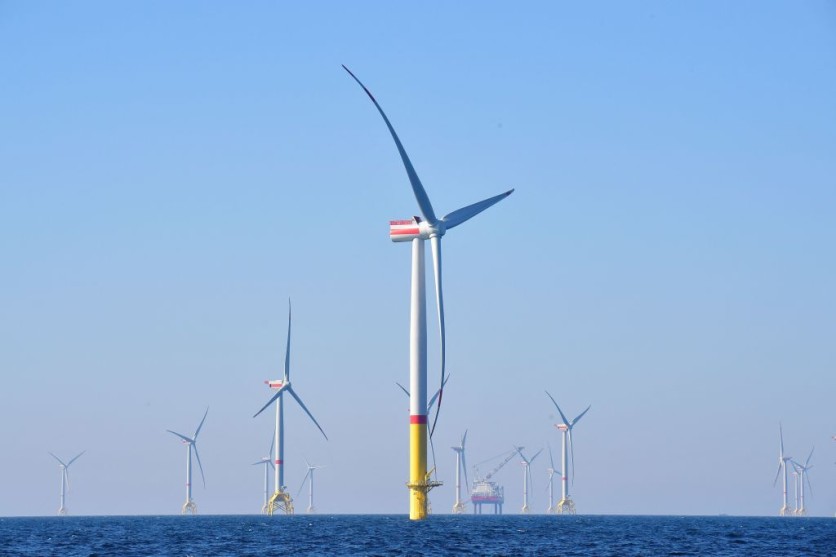In its recent report, the International Monetary Fund (IMF) has warned of financial challenges in the global energy transition, highlighting mounting debt, rising interest rates, and diminished economic growth prospects among numerous countries.

IMF Warns Financial Challenges
The IMF has issued a fresh report titled "Climate Crossroads: Fiscal Policies in a Warming World," cautioning that the current pace of the global energy transition may not be financially viable.
The report underscores the challenges faced by numerous countries, including mounting debt, escalating interest rates, and weakened economic growth prospects.
It predicts that debt-to-GDP ratios will increase globally by one percentage point annually from 2023 to 2028, a faster rate than anticipated before the pandemic. These economic headwinds, as highlighted in the executive summary, complicate efforts to combat climate change.
The report also sheds light on the fact that many economies are embracing carbon reduction strategies that heavily rely on expenditure measures, such as ramping up public investment and offering financial backing for renewable energy initiatives.
While these initiatives are commendable, they also carry a significant financial burden. They emphasized that numerous economies are embracing carbon reduction strategies centered on expenditure measures, such as bolstering public investments and extending financial backing to renewable energy initiatives.
While these endeavors are undoubtedly beneficial, they may also entail substantial financial costs. Additionally, this situation presents a fundamental dilemma that policymakers must grapple with, taking into account two critical factors.
Exploring Alternative Avenues
Consequently, the IMF's findings underscore the imperative for these regions to explore alternative avenues, including additional revenue generation, greater involvement of the private sector, enhanced knowledge transfer, and external financial support.
These measures must complement the adoption of established low-carbon technologies. The organization also recommended that governments actively engage businesses in the global energy transition process.
The surge in energy prices witnessed in 2022 served as a notable illustration of how enterprises tend to invest in energy efficiency when confronted with substantial energy price fluctuations.
This suggests that implementing legislation, incentives, and carbon pricing mechanisms can expedite corporate efforts in transitioning towards sustainable energy practices.
To facilitate this, the IMF proposed the utilization of green incentives. These incentives, commonly known as green subsidies, can be introduced by governments or other entities to incentivize and support the adoption of environmentally responsible and sustainable business practices, technologies, and industries.
Green subsidies, alternatively termed environmental or clean energy subsidies, are typically designed to mitigate the adverse environmental impacts associated with various activities such as energy generation, transportation, and agriculture.
Simultaneously, Yahoo reported that they encourage the transition to more eco-friendly alternatives.
IMF: Boosting Investments
The IMF emphasized that businesses tend to boost their investments in low-carbon technologies when they have confidence in how policies will impact their investment strategies, according to Interesting Engineering.
This assurance often leads them to leverage fiscal incentives offered, such as tax credits or subsidies. Notably, the organization underscored the collaborative nature of addressing climate change.
The report stressed that addressing climate change is a shared obligation that transcends the capacity of any individual nation acting in isolation.

ⓒ 2026 TECHTIMES.com All rights reserved. Do not reproduce without permission.




